India needs to be well integrated into the global capital markets. If it doesn’t then it moves towards becoming a closed economy like Russia where a few chosen businesses survive and all else wither. The economy stops being innovative and focuses on exploitation of natural resources or its own people. If that happens with India, it would be devastating to 1.4 billion Indian’s aspirations.
Hindenburg is an American company that identifies companies that are overvalued, do not have appropriate business activities, and have possibly scam going on behind the curtain.
On January 24th, they made not one or two but multiple sensational claims against Adani owned companies. Due to these claims, in just three days, Adani group lost close to $50 billion in market valuation and as of today (Feb 10th, 2023) has lost over $110 billion or approximately 60% in market valuation. Gautam Adani’s net worth has fallen similarly from over $120 billion to $58 billion. He still remains the 22nd richest person in the world. Most self-made billionaires on Forbes 100 have made their money by discovering some new scientific, technological discoveries or by introducing revolutionary business ideas. Adani seems to be an exception.
This article tries to summarize Hindenburg’s claims, explain what they mean, lay out the reaction in India and abroad, and speculate what could unfold going forward.
1.Hindenburg's Claims
Hindenburg has made several lengthy and very specific claims. You can read them here - https://hindenburgresearch.com/adani/.
According to Hindenburg, Adani Group is inflating its valuation and based on those inflated / false valuations raising money in the market to purchase more companies such as NDTV or Ambuja cement etc. That the valuation is inflated through use of offshore shell companies controlled by Adani relatives and in violation of government rules and regulations. They warn that the underlying Adani businesses are severely cash flow negative (meaning they are not generating enough money to repay the loans) and as a result the minority shareholders could be at risk since they purchased such shares at sky high prices. More interestingly Hindenburg also discloses that several investigations of Adani Group related individuals and relatives are already supposed to be ongoing since decades but that the Indian Government hasn't moved ahead despite availability of supporting evidence for fraud allegations.
Now let’s go a little deeper into these allegations.
Inflated valuations
Hindenburg says that Adani's companies could only be worth 15 cents on the dollar but they are trading at dollars. Since the total valuation of Adani companies stood at 218 billion dollars on the day of allegations, Hindenburg is indicating that the real value could be only 33 billion dollars. Hindenburg further implies that the value could be even less if the underlying businesses have provided false information about business operations. The report says that despite the fact that Adani businesses operate in infrastructure areas where profit margins and growth prospects are small, they are trading at insane multiples in the share market
Use of offshore companies
Hindenburg alleges that Adani Group is using offshore entities to inflate these valuations in an illegal manner. These offshore entities are based out of Mauritius, Cyprus, UAE, Caribbean Islands and a few other places. They are shell companies that usually have no other business other than moving money. They are moving money to and from private Adani companies into publicly listed Adani companies to create a false sense of business operations and valuations. They barely hold enough shares to allow Adani companies to maintain 25% public float as per government requirements. They are owned directly or indirectly by Adani group or related parties. (That’s a lot to digest. Each one of these facts by itself could be a major investigation).
Poor cash flow of Adani businesses
Hindenburg alleges that Adani group has used these valuations to aggressively raise debt and capital to expand. But the business operations do not even generate overall positive cashflow. Hindenburg shows approximately 2 billion dollars of negative free cash flow. Hindenburg also implies that Adani businesses are using way too much debt and that negative free cash flows and high leverage could put the group into a precarious situation.
Fraud allegations and investigations
Hindenburg discloses that since 2004 onwards there have been multiple fraud investigations against Adani group totaling up to $17 billion. These investigations include import export scam, corruption, money laundering, theft of taxpayer funds, and siphoning of funds from listed companies. Hindenburg further says that despite extensive evidence of wrongdoing, government agencies stonewalled or have delayed all these investigations.
2. The significance of Hindenburg claims
If these allegations are true then it paints a very disturbing picture of not just Adani group but that of whole Indian capital markets and government agencies.
It would mean that Adani group has potentially inflated its valuations to create an illusion of value to lure in unsuspecting investors – individuals or banks. One can not rule out the use of foreign entities to funnel black money into the stock market to make it white (in other words money laundering).
It is interesting to note that Adani became number 3 on the fortune 100 list but most of his investors are Indians or related parties from Mauritius, Cyprus etc. None of those investors are foreign investors. How come foreign investors don’t want to profit from Adani’s rise? I have lived in the USA for 22 years and know how greedy the western capital markets are. It is inconceivable to me that most of the western capitalists would let go of this opportunity. But interestingly that seems to be the case.
The scale of the whole thing is so massive that it is hard to believe that Adani is the only group involved in this kind of business dealings. If true, these business dealings are so brazen that they indicate a normal way of operating in Indian capital markets in full violation of SEBI norms and regulations.
So it also raises questions about India’s regulatory and government agencies. How come they are a mute spectator to such financial crimes (if true). If India were to become a world power, then having clean capital markets free of corruption is critical. Having an efficient and just regulatory and government environment is critical. Not having such capital markets and government can only lead to more scams and less wealth creation.
3. Effect of Hindenburg Allegations
Hindenburg allegations have significantly damaged Adani group’s share price.
Impact on Adani Group Shares
Due to these claims, in just 3 days, Adani group lost close to $50 billion in market valuation and as of today (Feb 10th, 2023) has lost over $110 billion or approximately 60% in market valuation. Gautam Adani’s net worth has fallen similarly from over $120 billion to $58 billion.
Failed Secondary IPO
Adani group had issued a secondary IPO of its shares valued at $2.5 billion on 27th January. But the Hindenburg report was so damaging that no retail investors bought into it. Finally some of the big names came to Adani’s rescue and the Adani Group declared that the IPO was successful and subscribed fully. However the very next day Adani shares fell by almost 26% making the very institutions who invested look foolish. Adani Group cancelled the IPO and returned the money back to the investors.
Prepayment of Debt
As share prices fell, Adani prepaid $1.1 billion of debt in order to halt sell off. This was astonishing to see them gather so much money overnight to prepay debt. Adani made it sound like he is being righteous and doing the right thing .But the real reason why somebody in Adani’s position would prepay the debt would be to buy back the loan collateral. In this case Adani’s own shares were the collateral and the lender could very well sell the collateral to prevent losses on the loan. A sell off by the lenders would have been devastating to the group’s share price further.
Actions by Foreign Entities
Australia moved quickly to declare an investigation into the Hindenburg allegation. Then came the blow by Credit Suisse and Citi who both stopped accepting Adani debt and assigned zero lending value to Adani bonds. And in another major development, France’s Total energy has put a partnership with Adani Green Energy on hold.
Adani Group’s Response to Hindenburg
The Adani group responded to Hindenburg. You can view their initial response here. But according to Hindenburg the response did not answer any of the 88 questions Hindenburg had asked.
So the Adani group published a detailed response. You can view it here. The Adani group called the Hindenburg report “a lie”, accused it of using “selective” information, and cast a doubt on Hindenburg’s motives. Interestingly, the Adani group did not stop there. There went on to say this – “This is not merely an unwarranted attack on any specific company but a calculated attack on
India, the independence, integrity and quality of Indian institutions, and the growth story and
ambition of India”
Hindenburg’s reaction to this second detailed response was terse. They summarized it by saying, - “Fraud Cannot Be Obfuscated By Nationalism Or A Bloated Response That Ignores Every Key Allegation We Raised”
Hindenburg has doubled down and is challenging Adani Group to file a lawsuit in US courts. Adani Group has indicated they might do just that. But it is unlikely that the Adani group will file any lawsuit in the US courts. The US justice system being the envy of the world, will only result in further investigations and could bring more damage to Adani. Unlike in India, the US justice system won’t stonewall or shield any efforts to unravel Adani group’s dealings. As of Feb 10th, Adani group has engaged a US law firm Wachtell. It will be interesting to watch how Adani group holds Hindenburg responsible, if at all.
Political Response
The BJP seems to be toeing Adani’s line that this is an attack on India’s growth story. Prime minister Modi who famously once said “Naa khaunga naa khane dunga” hasn’t said a word about Adani despite the magnitude of the loss Adani has already faced.
The government machinery and regulatory institutions have barely moved. SEBI, the regulatory body that is supposed to look after the health of transactions in capital markets initially only said that measures were in place to address any excess volatility. (We will talk about this later). Only after a while SEBI is now investigating two offshore firms that took part in Adani’s $2.5 billion secondary IPO.
The attorney general of India as well as the one in Maharashtra have remained silent. Unlike in the US, India doesn’t have a good tradition of strong independent justice departments that bring lawsuits against financial or social crimes.
The worst response probably has been from the government institutional investors in Adani. Instead of expressing worry over the report, LIC and other investors shrugged off the reports saying their exposure to Adani was low. While it may be 1% or less for the entire LIC but the 1% of LIC money is about 40,000 crores. So it is not insignificant by any means.
The Media & Public Sentiment
The Indian media seems to have by and large failed to raise the issue in the eyes of Indians. Despite the magnitude of the allegations, followed by the market rout, Indian media is by and large silent. Perhaps part of the reason is that part of the media is owned by Adani and related interests from the Adani group. Secondly, India doesn’t quite have an independent investigative journalism culture. And as a result the public sentiment is not quite hot on this issue. Rather, BJP seems to be successfully building a narrative that this is an attack on India.
4. NOW What?
The stock value of Adani listed companies have already suffered $110 billion loss. The loss will only deepen as more and more short selling sharks feast on the opportunity.
Ulterior motives?
Adani’s contention that Hindenburg has ulterior motives is superficial. Hindenburg, if anything, is a transparent short seller. Their sole business is shorting those stocks that are overvalued, do not have appropriate business activities, and have possibly scam going on behind the curtain.
A short seller always incurs infinite downside because when they sell a stock at let’s say 100 rs, the maximum money they can make is 100 rs per share. But imagine if their bet goes wrong and the stock actually goes to 200 then the loss can be 100 rs. The loss in theory can be unlimited if the stock continues to go up. That is exactly what happened in the case of Herbalife vs Bill Ackman’s. Bill Ackman is another wall-street genius who shorted Herbalife, a company he called scam. He bet $1 billion on that short bet and is said to have lost $760M.
So shorting is not easy business. Unless you have solid information, individuals or small firms will rarely short a stock.
National pride
The BJP and Adani have turned this as an attack on India’s growth story. Even if that is true, the allegations are still extremely serious and must be investigated. Hiding behind nationalism is a third world reaction and doesn’t bode well for India’s democracy.
The Modi government should separately investigate the allegations against Adani and also whether the allegations are part of some external conspiracy. But given the close ties between Adani and the Modi government, it seems unlikely. Modi’s rise and Adani’s rise are so closely tied in Indian politics that it is hard to believe that Modi could muster the courage to order an independent investigation into Adani Group vis-à-vis Hindenburg allegations.
Smart Money and India’s Capital Markets
Unless the Adani group rebuts every single of those 88 questions, the group will significantly suffer more loss of reputation and market value. The Smart Money will leave Adani and it could lead to complete unravelling and Adani’s business empire and also have major repercussions on the upcoming Loksabha elections in 2024.
If the allegations go uninvestigated then there could be significant loss of confidence among foreign investors in India’s capital markets. That would be harmful for India.
India needs to be well integrated into the global capital markets. If it doesn’t then it moves towards becoming a closed economy like Russia where a few chosen businesses survive and all else wither. The economy stops being innovative and focuses on exploitation of natural resources or its own people. If that happens with India, it would be devastating to 1.4 billion Indian’s aspirations.
It is anybody’s guess what will happen. But the Modi government would be wise to investigate Hindenburg allegations against Adani to expose not just Adani but several other parties who could be undermining India’s capital markets.
- Parag Jagtap
paraglj@gmail.com
Tags: Adani Power Stock market Hindenburg Report Share Market Scam Narendra Modi BJP गौतम अदानी हिडेनबर्ग भांडवली बाजार शेअर मार्केट Load More Tags

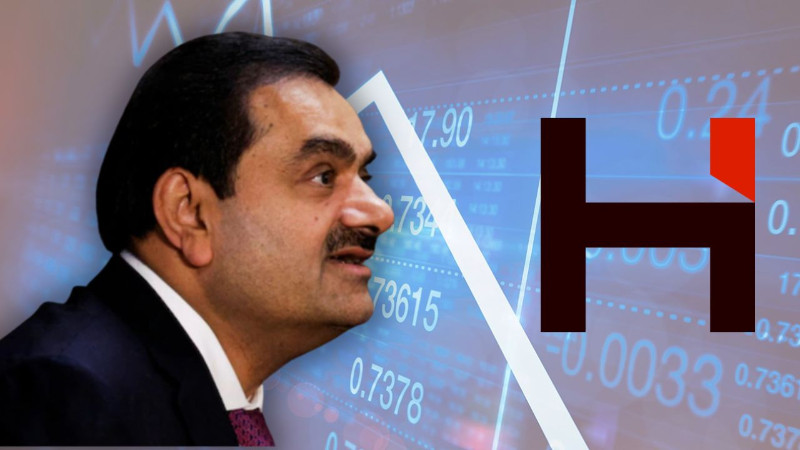

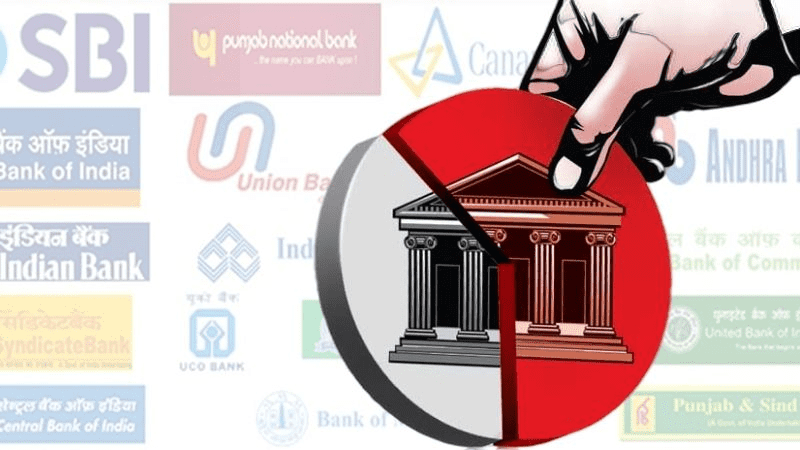
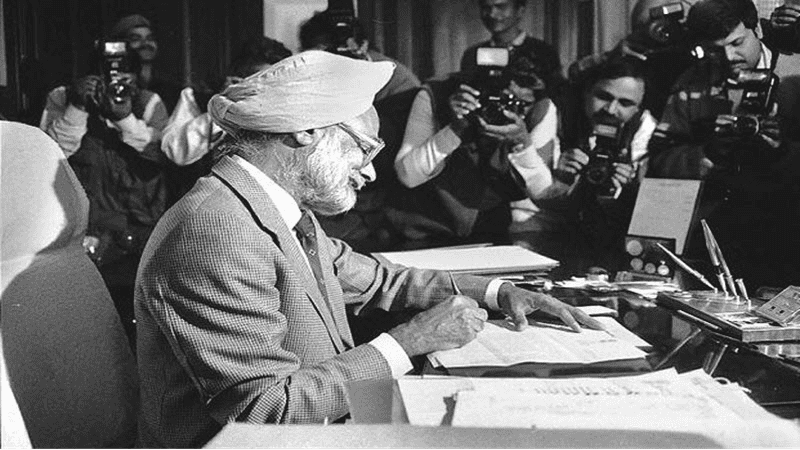
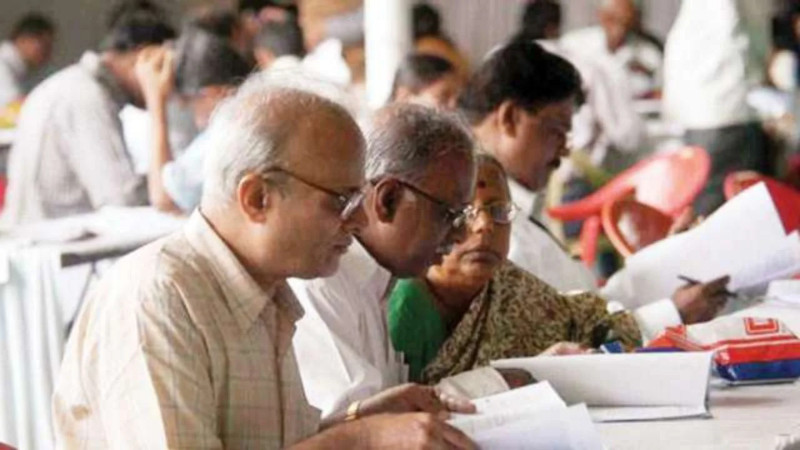

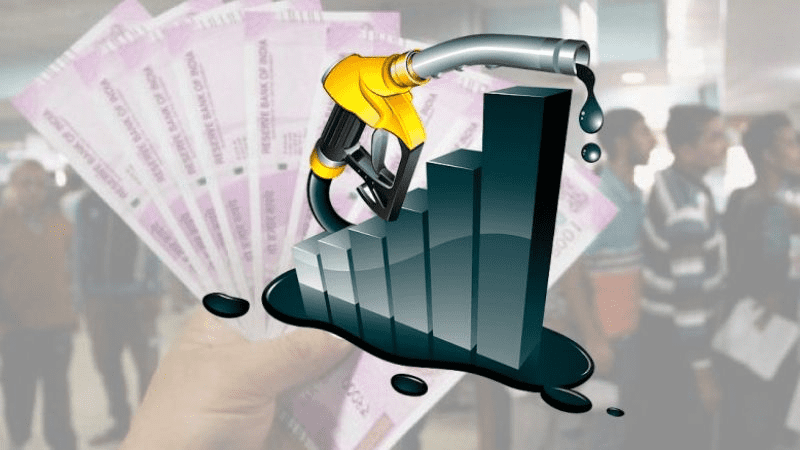









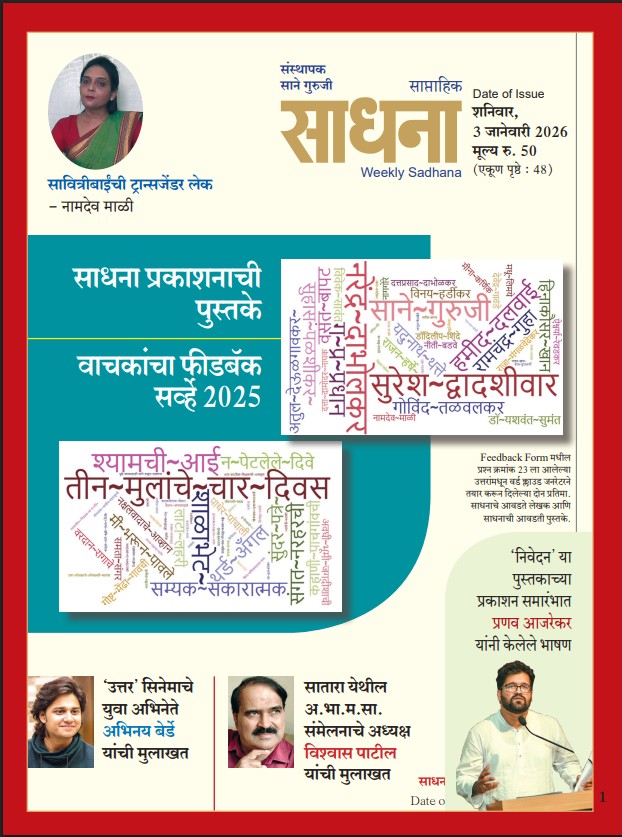













Add Comment